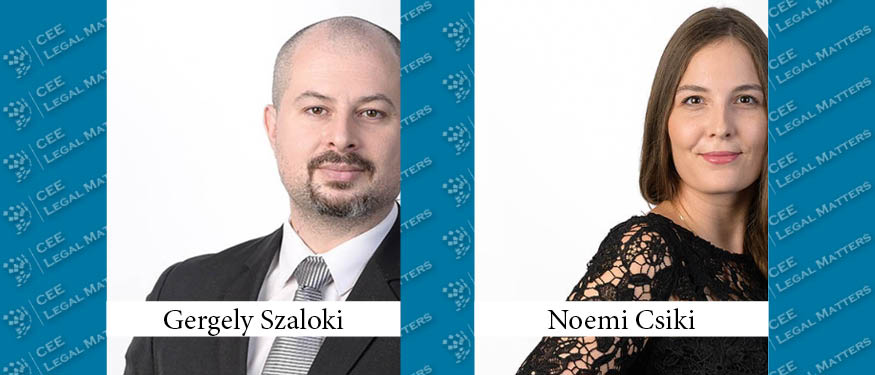In a rapidly evolving global landscape, regulatory expectations are becoming increasingly complex. While transitional periods may offer a degree of flexibility, the pace of regulatory change demands continuous attention from market players and dedicated resources to maintain compliance and achieve long-term operational resilience.
The regulation of crypto-assets is a particularly dynamic area, where new rules – including the EU’s Markets in Crypto-Assets Regulation (“MiCA Regulation”) – aim to provide legal clarity while introducing stricter compliance requirements across Member States. As of 1 July 2025, Hungary updated its laws to regulate crypto-asset exchanges even more strictly, resulting in a unique regulatory environment that combines EU-level obligations with local licensing and criminal law measures.
Under Hungarian law, crypto-asset service providers that were active before 30 December 2024 must comply with the requirements set out in the MiCA Regulation no later than 1 July 2025. From that date, VASPs may no longer provide crypto-asset services in Hungary unless they hold a proper crypto-asset service provider license from an authority of a Member State.
In addition, a local peculiarity emerged: the exchange of crypto-assets – whether for fiat currency or other crypto-assets – is only permitted through a licensed crypto-asset validation service provider. These providers, authorised by the Supervisory Authority of Regulated Activities (SARA), are responsible for conducting due diligence on transactions. This includes identifying wallet owners, assessing user risk profiles, verifying the origin of crypto-assets and cross-checking against databases. If the checks are passed, a compliance certificate is issued. Without such certification, the exchange is deemed unauthorised and the transaction invalid; it cannot be the subject of money transmission services. The specific requirements are expected to be detailed in a forthcoming SARA regulation; however, no such regulation has yet been adopted. This validation obligation will come into effect within 60 days from the adoption of the SARA regulation.
In parallel, the Hungarian Criminal Code introduced two new offences related to crypto-assets, effective from 1 July 2025: the provision of unauthorised crypto-exchange services (i.e. those conducted without the above validation) and the use of such services. This means that both exchange platforms and customers may be exposed. However, significant legal uncertainty remains, primarily because the Criminal Code references the above-mentioned validation requirements. This regulatory gap gives rise to significant ambiguity: while the criminal provisions are technically effective, one may argue that they cannot be enforced in practice until the corresponding regulatory framework is finalised. Conversely, a literal interpretation of the law may lead to the conclusion that any crypto exchange conducted without validation – even if validation is not yet possible – could still constitute a criminal offence.
To date, while no Hungarian authority has officially clarified whether service providers or users will face prosecution under these circumstances, the lack of certainty has led to widespread caution among service providers, legal professionals and users alike. In such a complex and evolving landscape, proper information gathering, careful assessment of options and well-founded business decisions are crucial to minimising risks. Therefore, obtaining timely and tailored legal advice is essential. Should you have any questions or require legal support in navigating these changes, please do not hesitate to contact us.
By Gergely Szaloki, Senior Associate, and Noemi Csiki, Associate, Wolf Theiss




